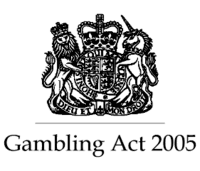The proliferation in online gambling in recent years, coupled with access to such via mobile devices, has contributed to a flourishing industry. Despite the worldwide recession and economic downturn which has led to austerity in many industries, profits from the gambling industry have remained incredibly positive. In 2010, right in the middle of a rather parlous economic climate, H2 Gambling Capital reported that there was a 12.5% increase in online gambling. This profitability has come at a time when the gambling industry has diversified into a wide range of products.

But the constantly evolving nature of this industry is indicated by the fact that since The Gambling Act was passed under a decade ago it has already been amended seven times, and put under appeal on four separate occasions. Aside from the primary legislation in itself, rafts of other bills and laws have also been put in place. Theses deal with such issues related to the gambling industry such as advertising, fees and duty, premises licensing, inspection, and gaming machines.

Despite continual attempts to amend the existing legislation, the general consensus among political figures is that the current legislation needs to be updated still further, and that its original intent and spirit has been diluted. John Whittingdale, the Conservative chair of the Commons culture committee, stated in 2012 that he believed there was “considerable scope to reduce and simplify the current burden of regulation,” adding that the legislation of the last fifty years could be considered “reluctantly permissive,”and that The Gambling Act in its existing form is “inadequate to cope with the realities of the global market in online gambling.” In an extremely fast-moving and complex industry in which providers often register in countries completely separate from where they reside, legislation related to the gambling industry will continue to be updated on a regular basis as the industry inevitably evolves.








